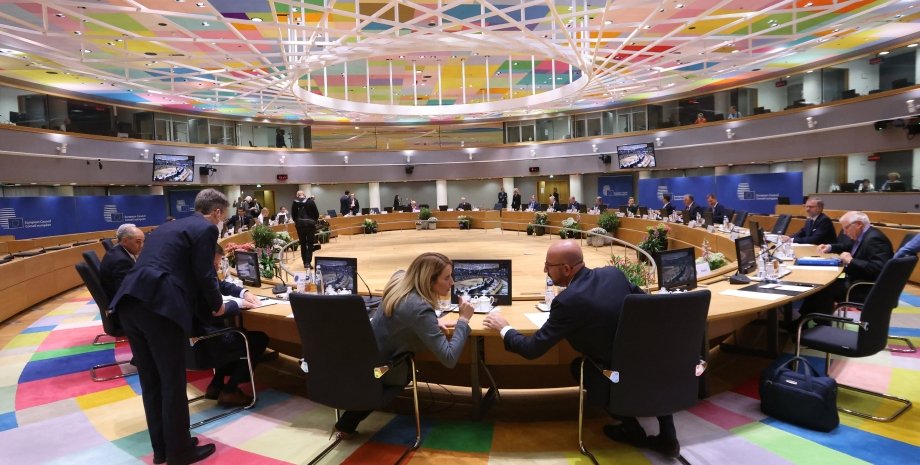
 By Eliza Popova
By Eliza Popova
"Today, the EU Council has adopted a decision and regulations explaining the obligations of central securities deposits that own assets and reserves of the Central Bank of Russia, immobilized as a result of EU restrictive measures," the release said. The information states that this decision is essentially the first step to the use of frozen assets of the Russian Federation.
In addition, it opens the path to the Council's decision to create a financial contribution to the EU budget from these net profits to support Ukraine and its restoration and reconstruction at a later stage. This financial contribution can be directed through the EU budget to the Fund for Ukraine, which the Council and the European Parliament reached its preliminary agreement on February 6, 2024. "EU members approved today (February 12.
that the G7 countries and the European Union are considering the use of $ 300 billion frozen assets as a pledge for Ukraine's restoration. Recall that on January 29, the Ambassadors of the European Union agreed to use profit from frozen Russian assets in the EU to support Ukraine's restoration.
On January 23, the High Representative of the European Union on Foreign Policy and Security Policy, Josep Borrel, stated that the decision on the use of immovable Russian assets would be adopted until the next EU Council meeting on Foreign Affairs, that is, until March 18. At the same time, according to Ukrainian Prime Minister Denis Shmigal, a considerable part of the funds received from the European Union will send the Ukrainian government to the budget to finance the budget deficit.










All rights reserved IN-Ukraine.info - 2022